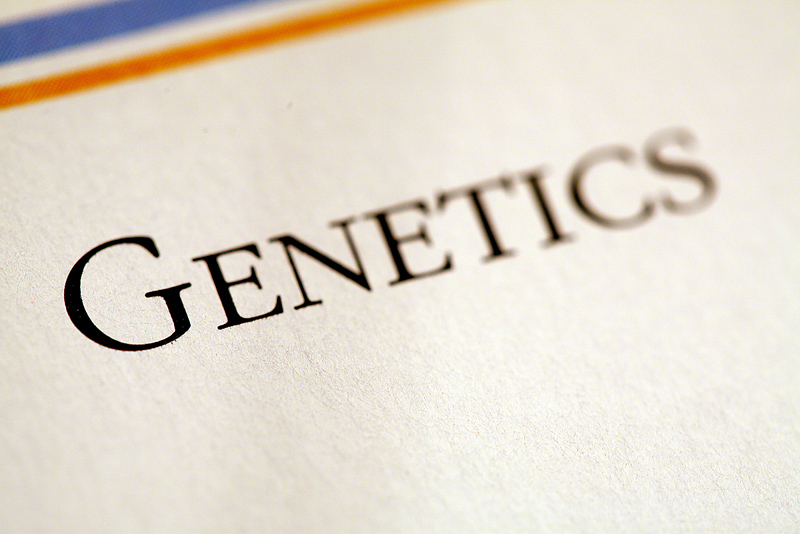
SUNDAY, Aug. 29 (HealthDay News) — Having a particular variation of a gene on chromosome 8 may raise the risk of getting migraines, new research shows.
While migraines have long been believed to have a genetic component, pinpointing specific genes has proven difficult, the researchers said.
The current study is among the first to identify a specific genetic variant associated with a heightened risk for the most common types of migraines, including migraines with and without aura, although the link to migraines with aura was stronger, according to the study.
“We have found this association primarily with migraine with aura. More studies need to be done to verify how widely this is true for other forms of migraine,” said senior study author Aarno Palotie, chair of the International Headache Genetics Consortium at the Wellcome Trust Sanger Institute in England.
The study is published in the Aug. 29 issue of Nature Genetics.
Researchers conducteed a genome-wide association study on more than nearly 6,000 people diagnosed with migraine headaches and some 50,000 people without migraines, and found that migraine sufferers were more likely to have a variant on chromosome 8 between the MTDH and the PGCP gene.
The genes are involved with the regulation of the neurotransmitter glutamate, Palotie said.
“When you use genome-wide association studies, you often land in an area that you have no clue what’s actually done there,” Palotie said. “In this case, we were lucky. Both of these genes are related to the glutamate balance in the body and the brain. We further know that one of these genes regulate an additional gene involved in glutamate regulation.”
Glutamate is a chemical, or molecule, that transmit signals between neurons, Palotie said. Researchers speculate the variant might cause glutamate to build up in the synapses, but why a disruption in glutamate levels could contribute to migraines is unknown.
It’s also unknown what, in people with a genetic susceptibility, might trigger the headache, he said.
About 26 percent of the migraine sufferers in the study had the variant, while 18 percent to 20 percent of people who didn’t have the migraines had it. Though significant, migraines are a complex condition, and many other genes and variants are likely involved.
“What it means is there are many, many more genes that predispose us to migraines,” Palotie said. “This one is just uncovering the tip of the iceberg.”
About 17 percent of women and 8 percent of men get migraines, according to background information in the article.
Although researchers have in the past described genetic mutations that cause rare forms of migraine, this is one of the first genetic risk factors linked to more common forms of migraines, according to researchers.
Dr. Kate Henry, an associate professor of neurology at New York University Langone Medical, called the findings important in that they uncovered information about the genetics of the most common types of migraines.
“The belief is that about 70 to 80 percent of the risk for migraines is genetic, mainly because we know people with migraine often have people in their families with migraine,” Henry said. “But there was never a real clear understanding of what the specific genetics were.”
The hope is that a better understanding of the genetics could open the door to safe and more effective treatments, Henry said. Medications such as triptans work for many migraine sufferers, but not all, and they can have side effects. Triptans can also carry added risks for people with cardiovascular disease or risk factors for cardiovascular disease.
About 12 percent to 18 percent of those with migraines have migraine with aura, which can include visual disturbances before the headache starts, and other warning signs that a migraine is imminent.
More information
The U.S. National Institute of Neurological Diseases and Stroke has more on migraines.

